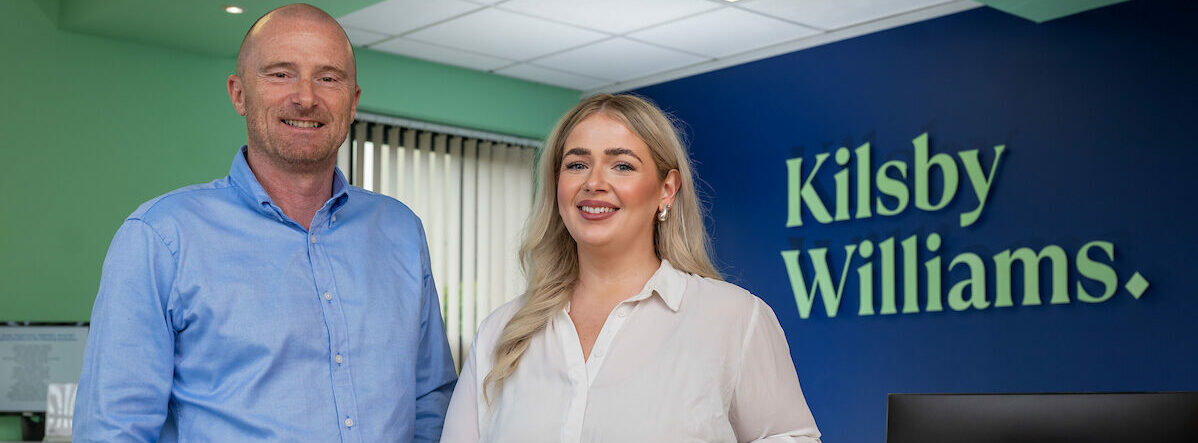Since coming to power there has been much debate on how and when the exemption would be removed. On 29 July the Chancellor Rachel Reeves made a statement to parliament and the Treasury published draft legislation to finally let the cat out of the bag on this.
The key elements of the changes are as follows:
- The VAT exemption on education and vocational training where provided by private schools or a closely associated body will be removed. The exemption will also be removed from private school board and lodging fees.
- These services will therefore be subject to VAT at the standard rate of 20%.
- The change will apply from 1 January 2025 ie part way through the 2024/25 school year.
- There is an anti-forestalling clause that applies to pre-payments of private school fees received on between 29 July 2024 and 30 October 2024. This means that VAT is now due on all fees relating to school terms beginning on or after 1 January 2025. Fees paid for the first term of the 2024/25 school year before 30 October 2024 will still be exempt however.
- There is no specific retrospective action in relation to advance payments made to date although HMRC have indicated that they will be looking at advance payments made to check they meet the appropriate tax point rules.
- Closely related goods and services provided by schools or other eligible bodies for direct use of pupils, pre-school nursery classes, and after‑school childcare will remain exempt. Additional activities schools provide out of hours however (including holiday clubs) will be caught.
Anti-avoidance provisions have been included to catch relevant supplies made by bodies closely related to private schools, and a consultation was launched to look at the definition of private schools and connected parties. The removal of business rates relief was also announced.
With this draft legislation being published the uncertainty of what the next term and the future looks like has been removed. There will also be some relief from both private schools and parents that the specific retrospective effect hasn’t been applied.
We do recommend however that any advance payments made in respect of the 2024/25 school year and beyond are checked given that HMRC will be looking at the technicalities around these. Schools may need to liaise with parents to advise them that VAT may now be due if the invoices raised did not include specific details of the period they relate to.
If schools are not already registered they will need to register from 30 October 2024 ahead of the 1 January 2025 start. We recommend that this is done as soon as is possible as there can be delays in registrations being processed.
We also recommend that schools now determine what VAT recovery will be available to them so that clarity can be given on what costs need to be passed onto parents. The Capital Goods Scheme should not be forgotten as part of this as it may allow for input tax to be recovered in relation to capital expenditure over £250,000 incurred in the past. There may also be some input tax recovery benefits of registering voluntarily ahead of 1 January if zero-rated supplies are made. Care should be taken before any voluntary registration is made however if standard or reduced rate services are also provided as VAT would then need to be charged on these as well.
The Treasury have indicated that they do not expect fees to be increased by schools as they expect schools to ‘take steps to minimise fee increases’. In all likelihood however the changes are likely to now make private schooling unaffordable for many more families than previously.
If you would like to consider the impact of these changes then please speak to your usual Kilsby Williams contact or contact info@kilsbywilliams.com




